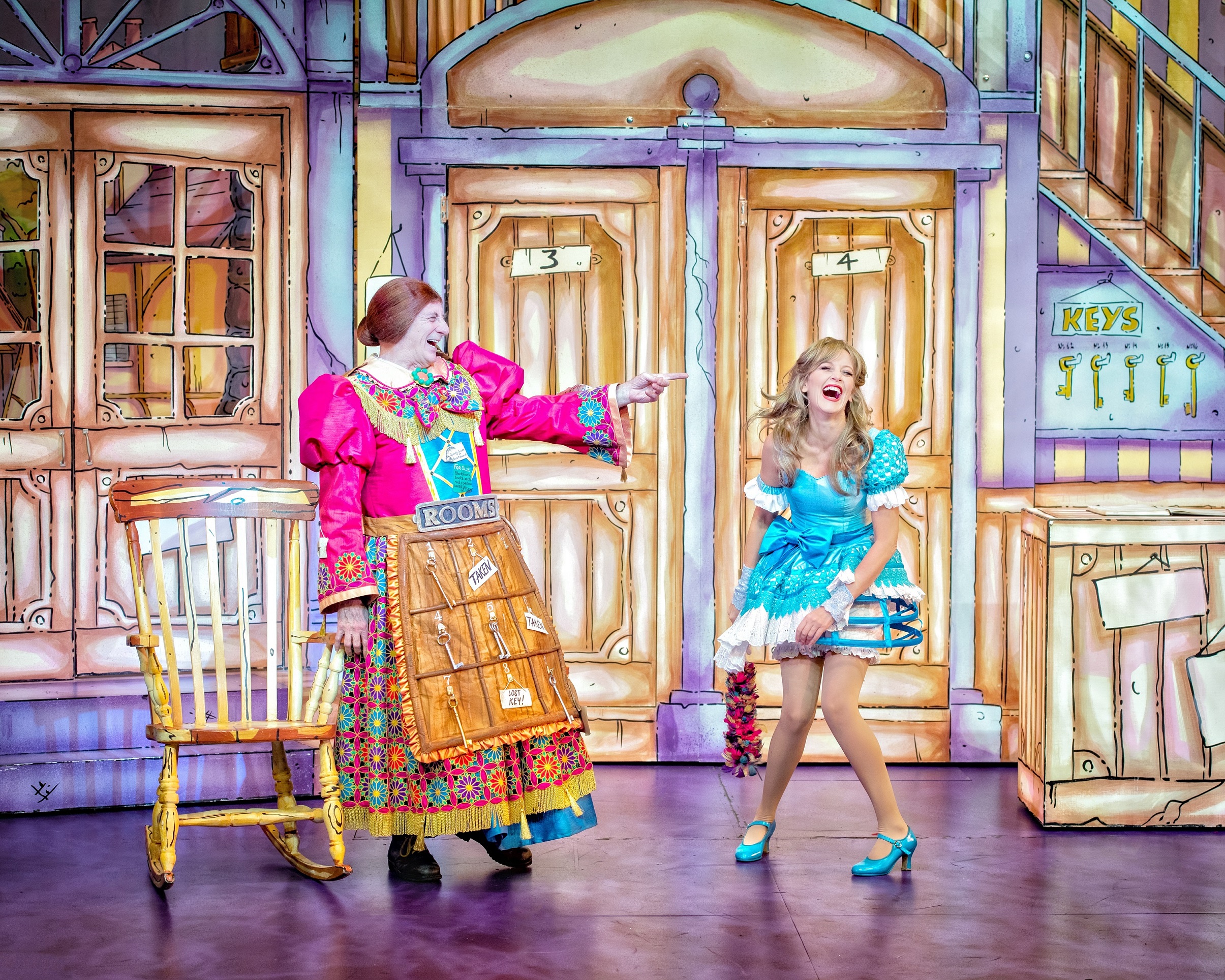The photographic image is fixed, but not so the narrative. From time to time, and from person to person, its meaning shifts, according to the story each viewer pieces together from it. But what of the individuals held fast in the frame? What story would they tell for themselves?
The latest exhibition at Salford’s under-sung Working Class Movement Library (WCML), mounted as one of the first buds of The Modern Backdrop, a longer term project due come into full bloom next year with an exhibition at the Salford Museum and Art Gallery just across the road, uses a selection of Shirley Baker’s street photography to open up this line of inquiry. Displayed alongside a complementary range of materials from the Library’s own collection, they form a miniature of the project’s wider intentions: to trace the aftershock of the seismic changes in social housing in the city, given further impetus by the good intentions of 1965’s Slum Clearance Compensation Act, from the perspective of those caught up in them rather than those observing at a more comfortable distance.
Baker herself was an insider, born in Kersal in the 1930s. A photographer from a young age when an uncle gifted a camera to her on her eighth birthday, her first darkroom was the family coal shed. As her own practice developed, beginning her studies at the Manchester College of Technology before continuing them in London at Regent Street Polytechnic and the city’s College of Printing, she took inspiration from the approach of the likes of Henri Cartier-Bresson and Garry Winogrand, shunning the artifice of the staged for the truth of the unguarded moment.
The shots used in this exhibition are taken mainly from her work in the 1960s and 1970s, when, although she submitted her work to such unlikely bedfellows as The Manchester Guardian and The Lady, it wasn’t widely known. In fact, recognition for Baker came comparatively late in life, largely following on from her 1986 show at the Salford Museum and Art Gallery, Here Yesterday, And Gone Today.

Frank Allaun, alley. Credit: WCML
The image used to promote Capturing The Modern Backdrop is among the most resonant. Bundled up against an unforgiving cold that seems to cut through the print and into the gallery space itself, the family group in 1964’s self-descriptive Mother And Children Walk Along Deserted Cobbled Street resemble figures cut from Cold War stereotypes of Soviet-occupied Europe, making their way through a desolate foreground, bowed apparently by the oppressive forms of the tower blocks that loom behind them. This, as an accompanying contemporaneous leaflet from Shelter rails against, was a time of prior demolition, when, as Baker empathetically observed, “people…were forced to exist miserably, often for months on end…whilst demolition went on all around them”.
How this might have felt for some is conveyed by a pair of photographs, taken a year apart. In the first, Desolation Of Cleared Land, the terrain where once there must have been terraces resembles nothing so much as a bomb site, the dwellings flattened in some self-inflicted Blitz, its very silence suggesting the trauma of war in peacetime. Set against this, the second, Bonfire Waiting To Be Lit, reads like an allegory for the anger of the unconsulted, laying down powder for a second insurrectionary plot, rather than the mere commemoration of the first.
The wider screen picture from which Baker’s stills are taken is fleshed out further by the thoughtfully-curated artefacts in the accompanying vitrines, sketching out intersecting plot lines. A 1980s booklet produced by the Manchester Studies unit at what was then Manchester Polytechnic responds to Robert Roberts’ memoir, The Classic Slum, a kind of auto-sociology, while a pamphlet produced by the Salford Communist Party, Salford Must Go Forward, is as pleasing to the eye as it is stirring to the passions.
Considered in conjunction with one another, Baker’s pictures and the displays that contextualise them act as invitation to listener and speaker both. The backdrop has been put in place, the microphone has been placed in the spotlight. Salford itself still has a lot to say.
Main image: Courtesy of the Estate of Shirley Baker/Mary Evans Picture Library
The Shirley Baker exhibition is at the Working Class Movement Library until April 21, 2023.
Opening hours are Wednesday – Friday 1pm until 4.30pm. The library is closed January 30 until February 10, 2023. For more information, click here.











